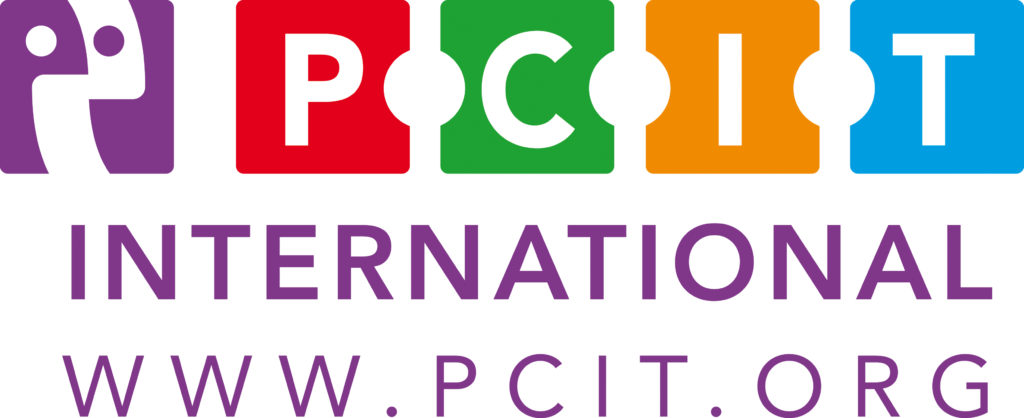Play with Purpose: How Intentional Play Strengthens Parent-Child Bonds and Reduces Behavioral Challenges
In today’s fast-paced world, it’s easy for parents to feel overwhelmed by their child’s behaviors. Tantrums, defiance, or difficulty focusing. Many turn to discipline strategies or structured routines to manage these behaviors, but one of the most effective (and often overlooked) solutions is intentional play.
As a school psychologist and play therapist, I’ve seen firsthand how meaningful, child-led play can transform parent-child relationships and reduce behavioral challenges. Engaging in play isn’t just about fun—it’s a powerful tool for emotional regulation, communication, and trust-building.
Why Play Matters for Behavior
Play is how children make sense of the world. It’s their natural language, a safe space where they can express emotions, practice problem-solving, and develop self-control. When parents engage in play with intention, they reinforce emotional safety and connection, which leads to:
-
Stronger Emotional Bonds: Children feel seen, heard, and understood.
-
Better Emotional Regulation: Play helps children process big feelings in a safe way.
-
Increased Cooperation: A child who feels connected to a parent is more likely to listen and follow directions.
-
Reduced Power Struggles: Play offers a chance to explore control and boundaries in a healthy way.
Intentional Play vs. Passive Play
Not all play is created equal. Intentional play means setting aside distractions and fully engaging with your child in a meaningful way. It’s not about structured activities or forcing learning moments but rather tuning into your child’s world.
🔹 Passive Play: Watching your child play while scrolling on your phone.
🔹 Intentional Play: Sitting on the floor, following their lead, and engaging with curiosity.
The difference? Presence.
Play-Based Strategies for Common Behavioral Challenges
🔹 For Tantrums & Emotional Outbursts:
Try role-play with stuffed animals or action figures to act out big feelings and model problem-solving. Example: “Oh no, Teddy is so mad! I wonder what Teddy can do to calm down.
🔹 For Defiance & Power Struggles:
Letting your child choose their activity or toy communicates a sense of control, like switching roles where they get to be the “boss” or “teacher.” When they feel empowered in play, they are less likely to seek control through defiance in real life.
🔹 For Anxiety & Worry:
Provide supplies for your child to create a “Worry Monster”—a silly character who “eats” worries when your child draws or tells them. This helps externalize anxiety in a playful way.
🔹 For Impulsivity & Attention Issues: provide the materials for these activities, and let your child lead
Kinetic Sand or Playdough – Provides a calming, hands-on experience that helps children slow down and focus.
Playing “Store” or “Restaurant” – Requires turn-taking, planning, and patience. Children must wait their turn, count items, and engage in social interactions.
Jenga or Stacking Games – Helps children practice steady hands and controlled movements.
LEGO Challenges – Freedom and creativity to build a structure promotes focus and step-by-step thinking.
Coloring & Drawing – Following their creative leads, you can imitate them to help them pause to wait, and enhance focus.
Final Thoughts
Intentional play is a simple yet transformative way to connect with your child and guide their behavior in a nurturing way. Even 10-15 minutes of undistracted, child-led play a day can create lasting improvements in emotional regulation and family dynamics.
So, put down the phone, step into your child’s world, and play with purpose. The results might just surprise you.




